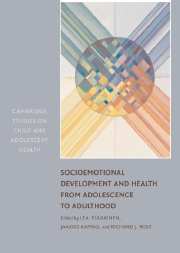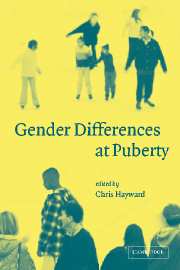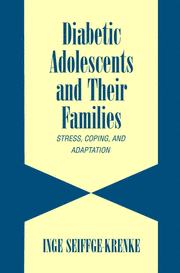Health and well-being during childhood and adolescence depend largely on the fit between the young person's developmental needs and the opportunities provided by changing social and environmental conditions. Recent estimates are that one in five children and adolescents has at least one serious health problem. This high prevalence has made the health needs of the young generation more salient than ever.Research shows that child and adolescent behavioural patterns are influenced by multiple contexts, including biological developmental processes, families, neighbourhoods, schools, ethnic and racial groups, and historical contexts. Young people are not passive recipients of environmental influences, but are active in making health relevant behavioural decisions. Interventions designed to influence health behaviours must consider these contexts.International Studies on Child and Adolescent Health highlights this perspective by focusing on positive patterns as well as on negative health outcomes. Young people's cognitive abilities and competences for self regulation and increasing autonomy offer the potential for positive health behaviours and effective mastery of threats to health. The volumes in this series focus on such conditions as family patterns, peer influences, cognitive development, and school careers that offer opportunities for growth and positive health behaviour.




